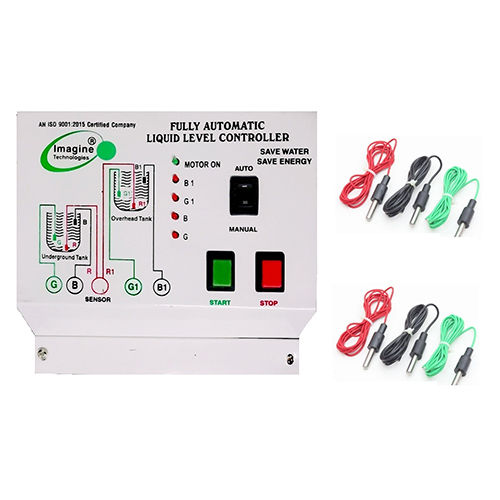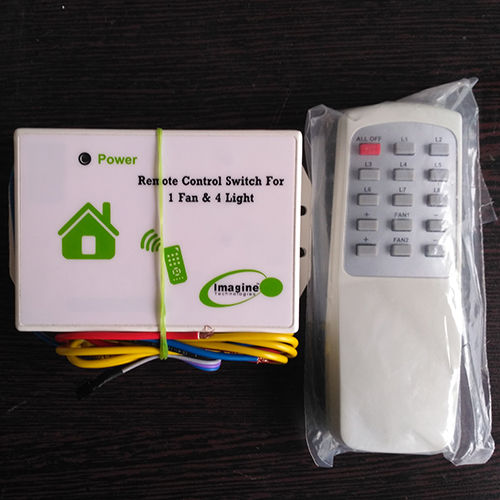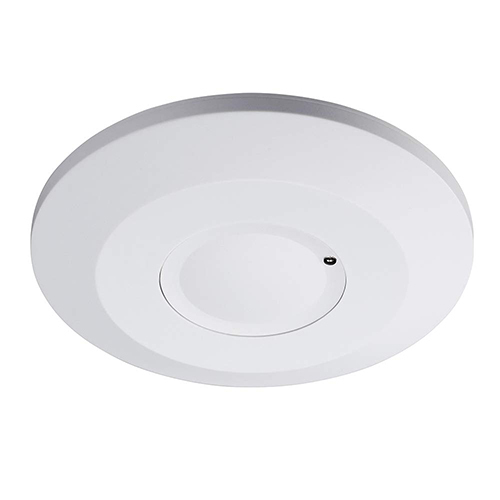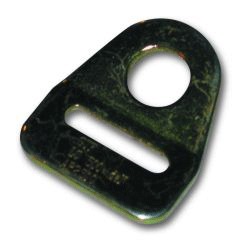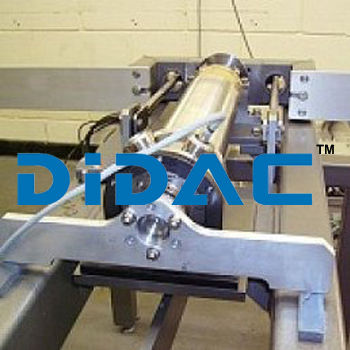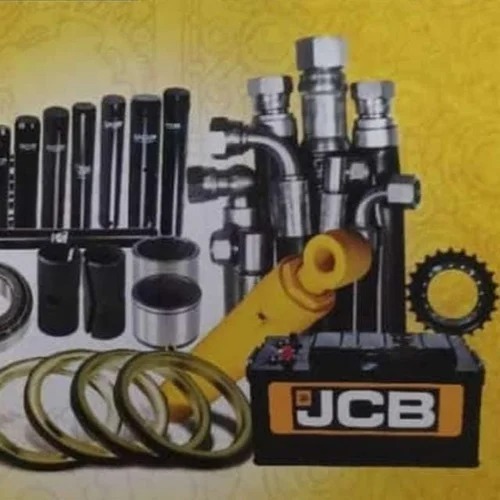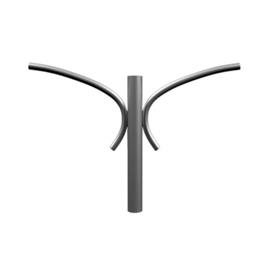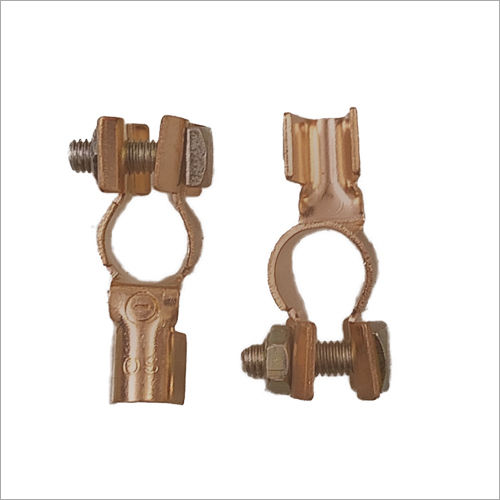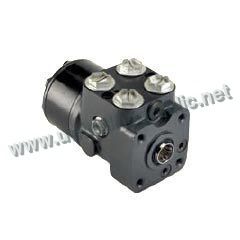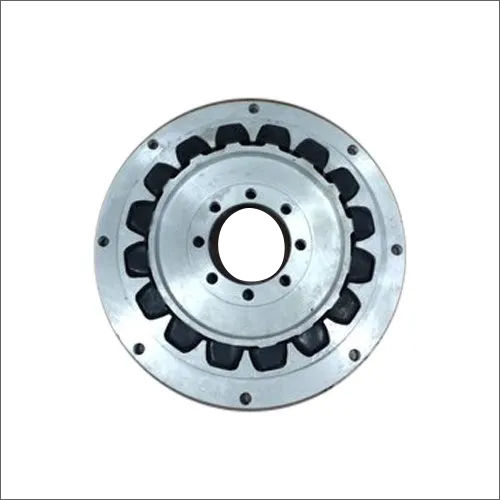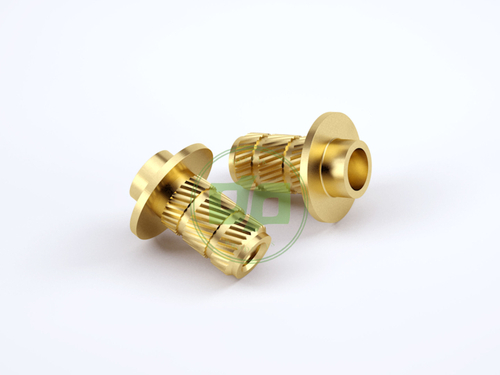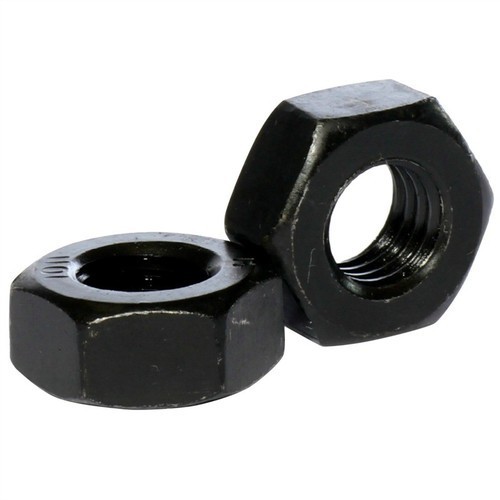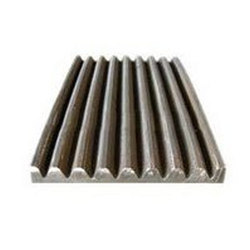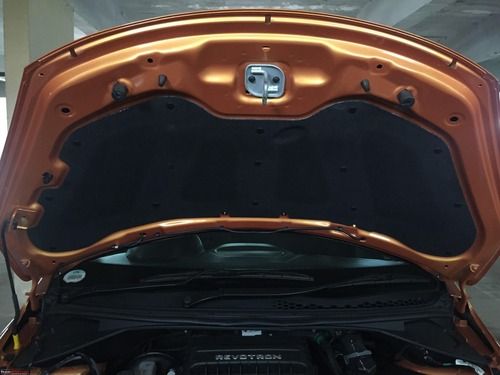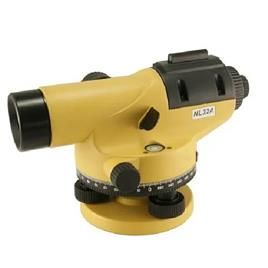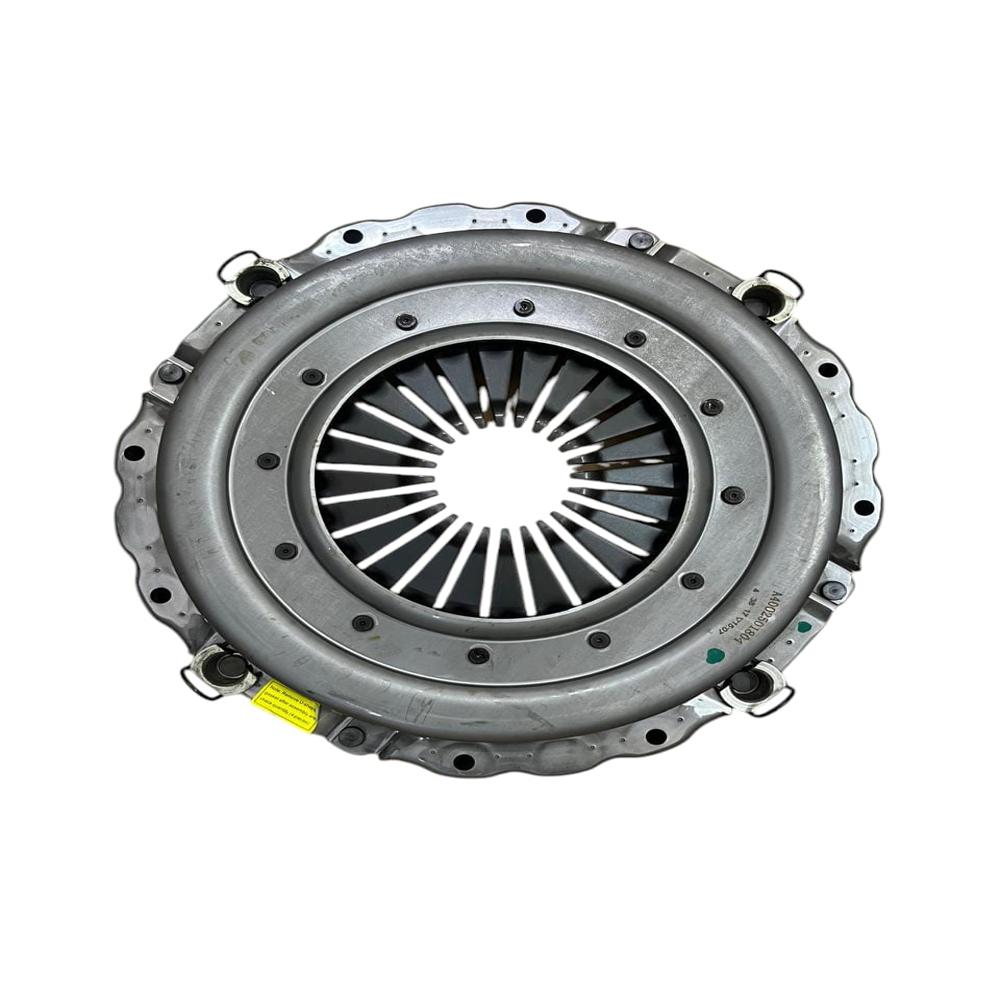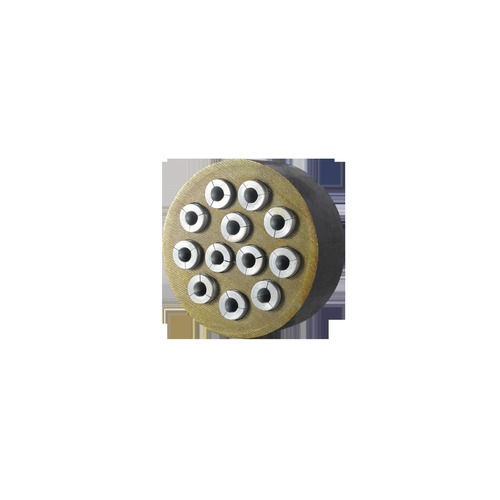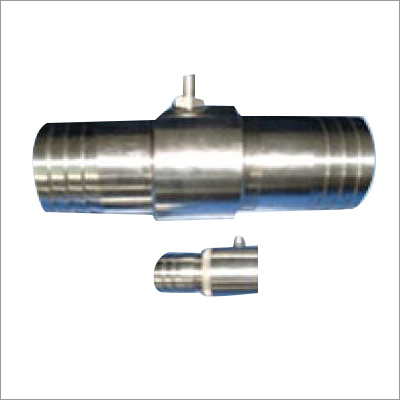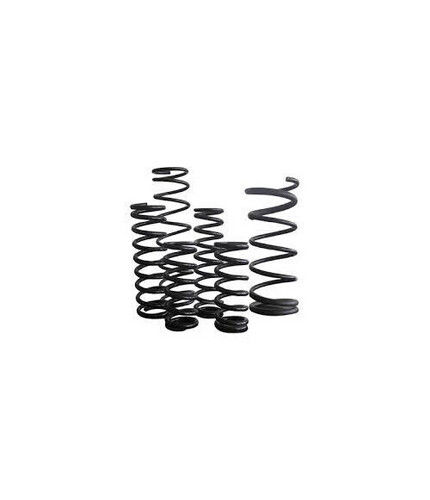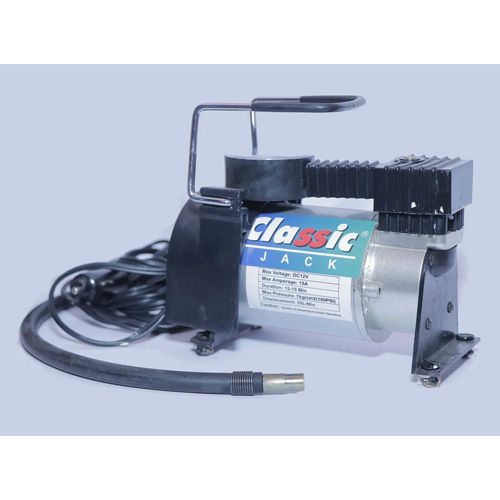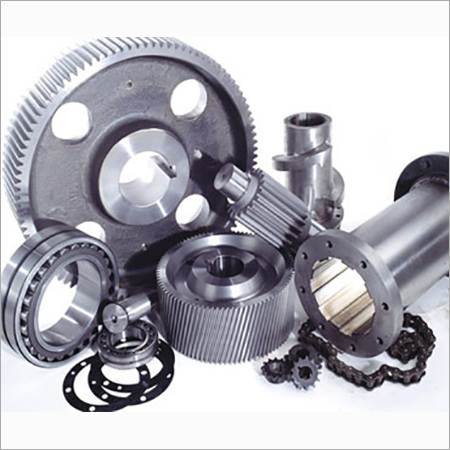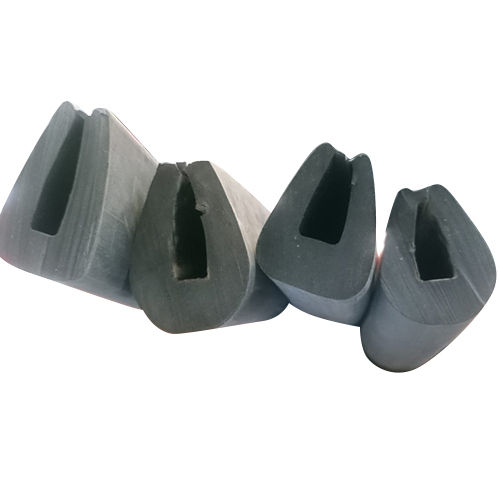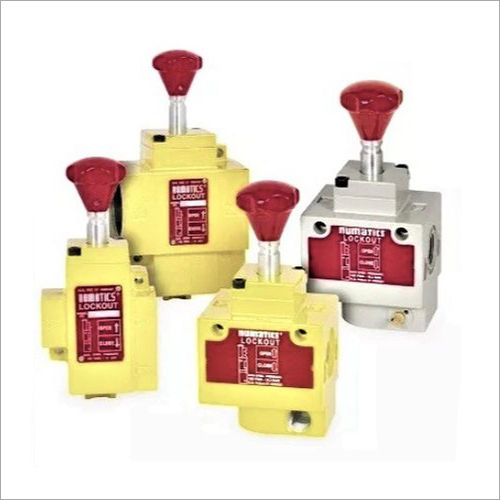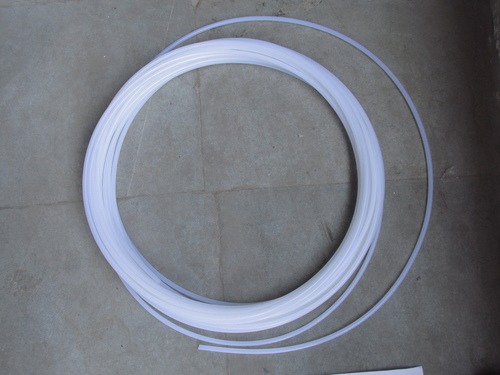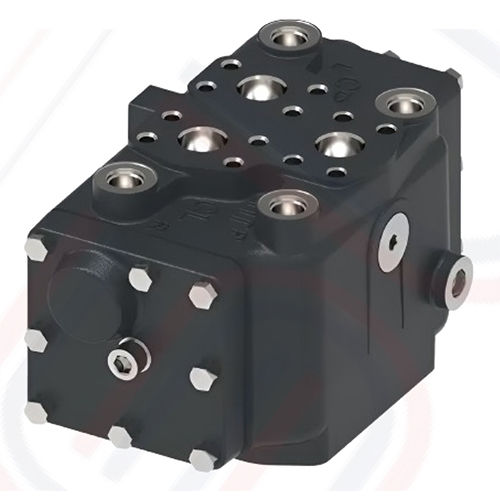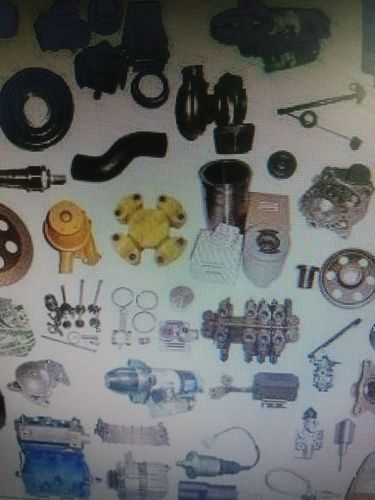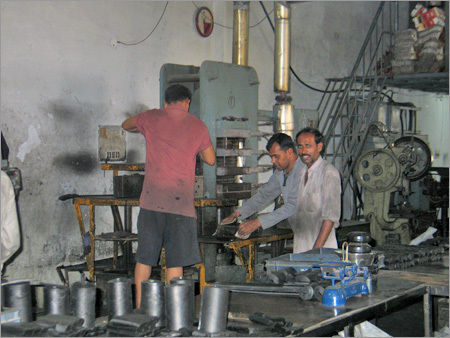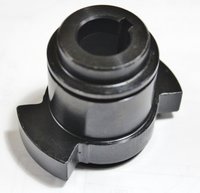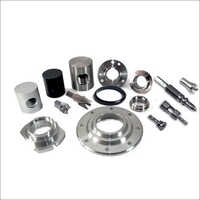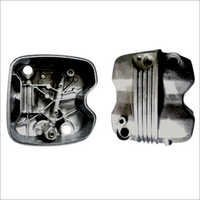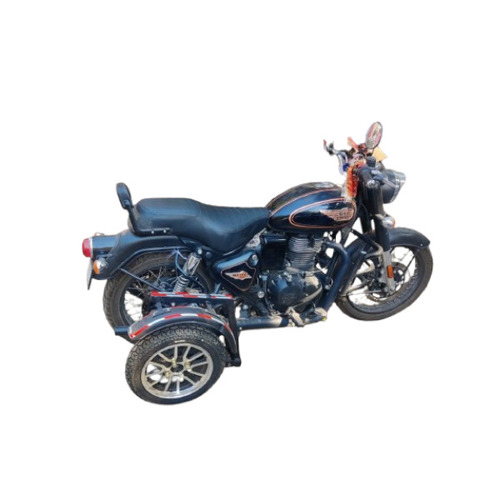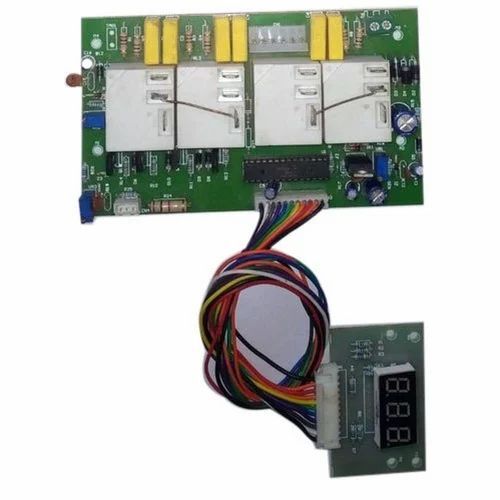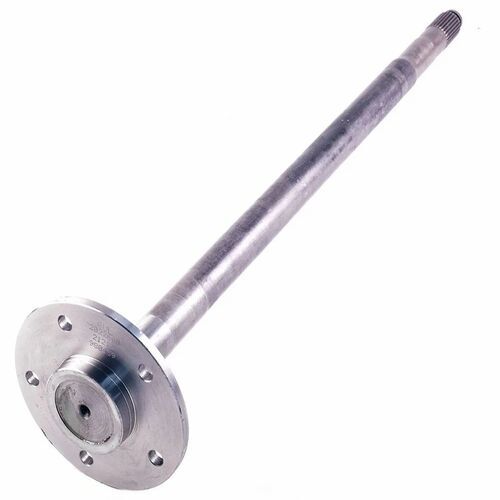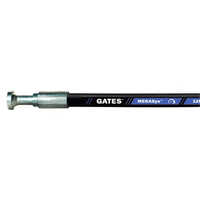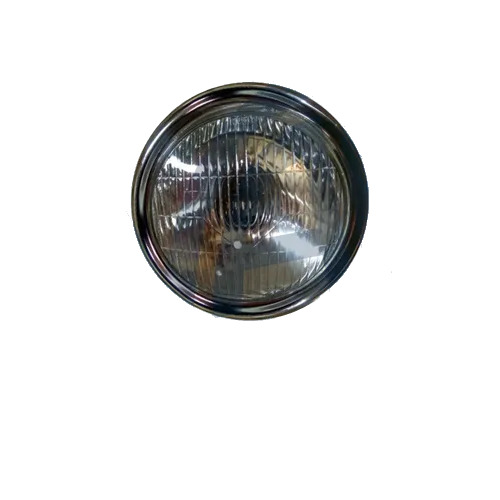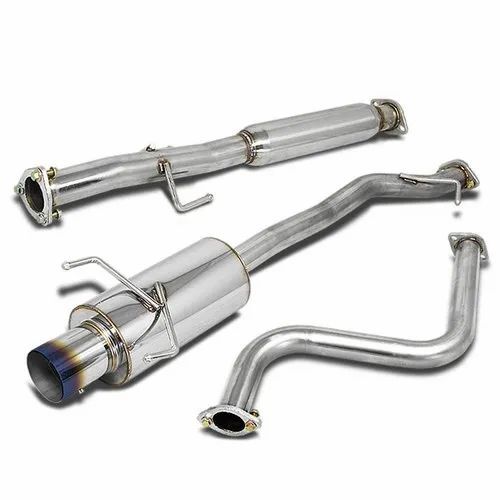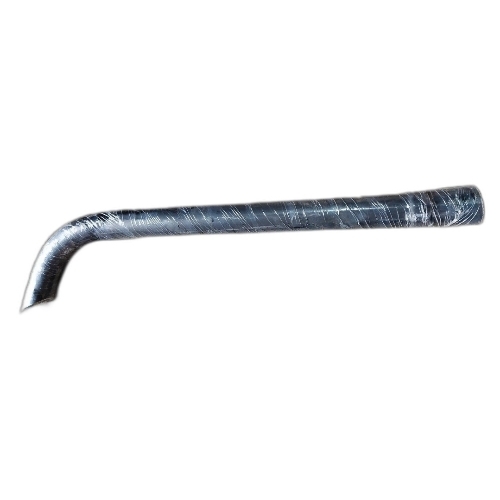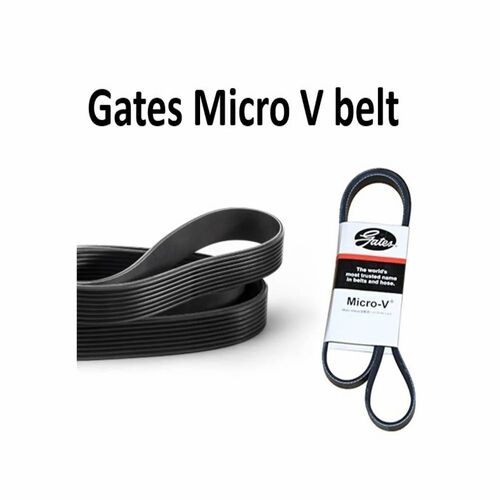Automotive Parts & Components
(14574 products)Product Showcase
Fully Automatic Water Level Controller For Three Phase Motor - Application: Industrial
1000 INR
By:
Imagine Technologies
Different Available Remote Control Switch For 4 Light 1 Fan Wire Model Humming Less Fan Speed
850 INR
By:
Imagine Technologies
Microwave Thin Round Type Microwave And Radar Motion Sensor Switch - Material: Stainless Steel
700.00 INR
By:
Imagine Technologies
Green Anchor Plates Ap2510
By:
Amratlal Chhaganlal
Green Anchor Plates Ap2510
MOQ1 Piece/Pieces
FinishPolished
Surface TreatmentGalvanize
ColorGreen
MaterialSteel
Weight20-50 Grams (g)
Product TypeAnchor Plates
Watertight Model Self-Propulsion Propeller Dynamometer
Price Trend: 50000.00 - 500000.00 INR/Pack
MOQ1 Pack/Packs
WarrantyYes
MaterialSS
ColorSilver
Display TypeDigital
Operating SystemManual
For Use InAuto Industry
Didac International
New Delhi
 Trusted Seller
Trusted Seller11 Years
Fey Laminar Ring - Polished Steel, Manual Drive Type, Gray Finish | Dual Axis Steering Rack for Enhanced Water Flow Guidance and Clog Prevention
Price: 10 INR/Piece
MOQ1000 Piece/Pieces
MaterialSteel
For Use InSpare part
Product TypeFey Laminar Ring
FinishPolish
Surface TreatmentPolished
ColorGray
Fully Automatic AC Recovery
Product DescriptionFor the diverse requirements of our clients, we are engaged in manufacturing, supplying and exporting a wide array of Fully Automatic AC Recovery in Coimbatore, Tamil Nadu, India. Offered range of Fully Automatic AC Recovery is designed and made using high quality quality raw material in adherence
Automotive Armature - Supreme Quality | Durable, Long-Lasting Solution for Various Sectors
Product DescriptionThe Automotive Armatures is provided by our company is of supreme quality. Our products are highly admired for their quality and longer life. These are widely used in various sectors. Our products are easily procurable at a very low market prices
Kda 08 Double Arm Bracket, Material: Mild Steel
Product DescriptionKda 08 Double Arm Bracket
Metal R Battery Clip
Price: 45 INR/Set
MOQ500 Set/Sets
ConditionNew
MaterialMetal
Transmission TypeManual
Parshwa Auto
Mira Bhayandar
 Trusted Seller
Trusted Seller4 Years
Hydraulic Steering Units - Body Material: Stainless Steel
Price: 10000 INR/Unit
MOQ1 Unit/Units,
ColorGrey
SizeStandard
Product TypeHydraulic Steering Units
Warranty1 Year
MaterialSS
FinishPolished
United Hydraulic Control
Ahmedabad
 Premium Seller
Premium Seller1 Years
Silver Housing Aluminum Coupling Set
Price: 1000 INR/Piece
MOQ10 Piece/Pieces
MaterialAluminum
ColorSilver
Surface TreatmentPolished
For Use InAutomotive Industries
Product TypeAluminum Coupling
Shree Adarsh Enterprises
Indore
Auto Turning Components
Price Trend: 10.00 - 100.00 INR/Unit
MOQ20000 Piece/Pieces
Supply Ability100000 Per Day
Delivery Time15-20 Days
High Tensile Nut - Alloy Steel | Enhanced Durability, Corrosion Resistance, Optimal Strength
Price: 55 INR/Piece
MOQ100 Piece/Pieces
Supply Ability100000 Per Week
Delivery Time1 Week
Main Export Market(s)Australia, South America, Western Europe, Middle East, Africa, Central America, Eastern Europe, Asia, North America
Jaw Crusher Plate By Bk Tech Enterprise Inc.
Product DescriptionWe are engaged in offering Jaw Crusher Plate which are helpful in grinding lime stones, coal, granite stones and other related industries. Our jaw crushers are used to break these stones in fine pieces. Our products are corrosion resistance, high strength and durable. The unmatched quality of our pr
Enginehood Insulation Felts
Price: 200 INR/Kilograms
MOQ1000 Kilograms/Kilograms
Product TypeEnginehood Insulation Felts
ColorBlack
For Use InAutomobile
Auto Level In Ahmedabad Yesha Lab Equipments, Usage/Application: Survey
Product DescriptionAuto Level In Ahmedabad Yesha Lab Equipments
Bharat Benz Parts
Price: 26000.0 INR/Piece
MOQ2 Piece/Pieces
Corrosion ResistantYes
SizeStandard
ColorSilver
MaterialMetal
For Use InAutomobile Industries
WarrantyYes
Dimensionally Accurate Anchor Head Efficiency (%): 99%
Product DescriptionScon Infrastructure is the manufacturer and supplier of prestressing and post Tensioning system, cable stayed bridges, expansion joints and bridge bearings.\015\012\015\012Dimension: Accurate\015\012Durability: Long Lasting\015\012Quality: Premium\015\012Strength: High
Metal Cnc Precision Parts
Price Trend: 130-30000 INR/Piece
MOQ100 Piece/Pieces
MaterialMetal
Surface TreatmentPolished
Warranty6 Month
Automotive Spring - Spring Steel Grade II, 500x200x10mm | Zinc Plated, Natural Finish, 500kg Weight
MOQ10 Piece/Pieces
MaterialSpring Steel Grade Ii, Ss304, Ss202, En8, En47
For Use InMachines, Automobiles, Boilers, Die, Tool, Press, Fixer
Dimension (L*W*H)500-200-10 Millimeter (mm)
Surface TreatmentZink, Powder Coating, Zinc Plating or Natural
Weight500 Kilograms (kg)
FinishNatural
180W Car Air Compressor - Color: Silver
Price: 3000 INR/Unit
MOQ1 Unit/Units
Product TypeCar Air Compressor
ColorSilver
MaterialMild Steel
WarrantyYes
FinishPolished
Classic (brand Of The Best Hydraulic Equipments)
Delhi
Automobile Spare Parts
Price Trend: 5000.00 - 25000.00 INR/Piece
MOQ100 Piece/Pieces
Supply Ability50 Per Week
Delivery Time30 Days
Polished Black Vibrator Screen Rubber Beading
MOQ50 Piece/Pieces
ColorBlack
WarrantyYes
MaterialRubber
FinishPolished
Product TypeBlack Vibrator Screen Rubber Beading
Pneumatic Lockout And Shut Off Valves
Price: 2500 INR/Piece
MOQ1 Piece/Pieces
Supply Ability1000 Per Month
Delivery Time2 Week
Two Wheeler Foot Rest
Sample AvailableYes
Sample PolicyContact us for information regarding our sample policy
Main Export Market(s)Asia
White Alternative Fuel Houses Nylon Pipe
Price Trend: 20.00 - 100.00 INR/Meter
MOQ10 Meter/Meters
Product TypeCoil pipe
MaterialNylon
For Use InTransport Industry
ColorWhite
FinishGlossy
Round Shape Piston Guide Rings
Payment TermsCash Against Delivery (CAD), Cash on Delivery (COD), Cash in Advance (CID), Cheque, Cash Advance (CA)
Supply AbilityAs Per Order Per Month
Delivery Time3 Days
Latest From Automotive Parts & Components
Bike Lighting Wiring, Voltage: 12-24 V Dc (Automotive Parts & Components)
400 INR
By:
Verna Auto Electronical
Precision Turned Automotive Components
By:
Omkar Auto Products
Motorized Dynometer (Automotive Parts & Components)
By:
Comtec S. R. L.
A. K. Automotive Parts & Components
By:
A. K. Auto Industries
Shaft
By:
D. J. Engineering Works
AUTOMOTIVE PARTS & COMPONENTS
By:
Sunex Precision Pvt. Ltd.
Automotive Parts & Components
By:
Makbro Industries
SARVA Automotive Parts & Components
By:
Sarva Siddhant Sales Llp.
Ready To Ship Automotive Parts & Components
What are Automotive Parts & Components
Introduction
There is both a formalized and informal market for auto parts in India. Original equipment manufacturers (OEMs) are part of the "organized sector," which produces expensive precision devices. As opposed to this, low-value products that serve the aftermarket are what you'll find in the unorganized sectors.
Every component of your car, truck or SUV works together to get you where you need to go, and that includes the steering system and the front and rear suspension. Although it may seem like a foreign language at first, learning the basics of your vehicle's steering and suspension systems will help you better comprehend how everything works together.
Various Types of Automotive Parts & Components
1. Rear Suspension
The rear suspension helps the car handle and ride better, much like the front suspension does. Coil springs, CV joints, Shocks, control arms, and ball joints are the standard components of suspension systems.
2. Rear Axle
An important component of the car's suspension is that holds the back wheels in place.
3. Fuel Tank
The gas-powered engine is powered by gasoline, which is stored in the fuel tank, which is typically situated forward of the vehicle's rear axle. When deciding where to put something, you want to make sure you're not near any weak points that could collapse in a collision.
4. Tailpipe
T is used to transport noxious gases produced by the vehicle's engine to the outside air.
5. Muffler
It uses baffles or other sound-absorbing materials to keep the exhaust system quiet.
6. Catalytic Convert
The catalytic converter is a device used to reduce harmful emissions from a vehicle by breaking down toxic gases and pollutants into less hazardous emissions.
7. Brakes
The brakes, which are located on each wheel, are an essential safety feature. In this case, both the front and rear wheels have disc brakes with pads and calipers. Some cars' rear wheels have drum brakes, complete with brake shoes and wheel cylinders.
8. Front Steering and Suspension
It benefits the vehicle's ride quality and maneuverability. While the specific Automotive Parts & Components of each system may vary, they all include things like a rack and pinion steering mechanism, ball joints, tie rod ends, and idler/pitman arms.
9. Front Axle
The front axle is the part of the suspension system where the wheel hubs are attached.
10. Radiator
When the coolant is pushed through the engine, the radiator removes excess heat from it.
11. Alternator
The alternator is a component that provides power to the vehicle's electrical components and recharges the battery.
12. Battery
Your car's electrical components rely on electricity supplied by the battery. Your automobile won't start if you don't put a battery in it.
13. Transmission/Gears
The transmission is the part of the vehicle that converts mechanical energy from the engine into forward motion. It consists of a gearbox with many gears and gear trains.
14. Engine
The internal combustion engine is the lifeblood of your car. Timing camshafts, pistons, spark plugs, cylinder heads, chains, valves, and crankshafts are all components of the engine block.
15. Clutch
The clutch is located in close proximity to the crankshaft as part of the transmission. It's a device that lets you transfer the rotation of one shaft to another shaft "at will." The engine should not be coupled to the wheels, meaning that the wheels should not begin to turn as soon as the engine starts.
16. The chassis
An automobile's transmission system includes the engine, clutch, gearbox, propeller shaft, axles, control system, brakes, steering, and suspension, all of which are integrated into the chassis.
17. The body
The use of a unibody chassis, in which the body structure is bolted to a separate frame, is almost completely out of use nowadays with the exception of very large and heavy commercial vehicles.
Sub-frames of very simple designs are being used to mount heavy-duty components like the powertrain and transmission on an increasing number of vehicles.
To dampen engine vibrations, the sub-frame is supported by the mainframe and linked to it with appropriate rubber connections.
Most modern automobiles include integral construction made possible by advances in spot welding and sheet pressing processes. The vehicle's body serves as both the assembly's mounting point and the frame.
Important Factors to Consider When Purchasing Automotive Parts & Components
1. Originality
Modern autos are engineered to exact specifications and comprise thousands of individual pieces. All of the parts of these designs need to be compatible with one another for the whole to work smoothly. This is why, after extensive testing and development, engineers chose each component to get into a vehicle.
To keep your vehicle running to the exacting standards set by the engineers who created it, only use OEM (original equipment manufacturer) replacement components when servicing. Because of the intricate nature of a car's system, it's safe to assume that using a subpar replacement part will cause even more severe issues down the road.
2. Efficiency
Original replacement components can significantly improve your service center's productivity. Factory-approved replacement components are built to your vehicle's exact specifications. Because of this, you won't need to waste time attempting to figure out how to make the part work in the car.
3. After-Sales
There is usually no one to talk to if you have any issues after the sale arises because of cheap replacement parts whose manufacturers are unknown. By replacing the affected components with brand-new, high-quality ones, you may fix this issue once and for all. However, obtaining assistance from the company in the event of a problem will simplify matters.
4. Supply and Demand
It's important to get the correct parts from the right firm when you need to get your automobile fixed, and vice versa. You may avoid wasting time waiting for parts if you source them from a company that has both a wide selection of items and a solid logistics infrastructure. By streamlining service procedures in this way, you can boost client happiness.
5. Cost Analysis
If you're shopping around for a replacement part, don't settle for the first price you see. Extend your search to include not only local businesses but also internet wreckers, classifieds, and more to get the best price. In the event that you find a component that is less expensive than the price listed by a major retailer, don't be afraid to contact that store and request a price match.
6. Inquiring Regarding Guarantees
The availability of a guarantee is a critical consideration. A car owner must inquire about the dealer's methods and terms of procurement, such as after-sale services. This is crucial because if the attachment doesn't do what it's supposed to, the car's owner can return it for a refund or a replacement.
Essential Automotive Parts & Components
1. Engine
As one of the vehicle's primary components, its functionality is crucial to the vehicle's overall effectiveness. One might even call it the "soul" of a car. It's an intricate machine designed to transform the energy released by burning gas into the motion necessary to drive the vehicle's wheels. In order to resist the pressures of its job, the engine is built to last.
2. Gear box
The gearbox allows the car to go from one speed to another, making it an even another crucial part of the vehicle. These gears are responsible for transmitting the force generated by the engine to the wheels.
3. Lights
The car's lights are crucial because they allow the driver to see the road in front of the vehicle at night. It's essential for nighttime driving and keeps you safe all the way there.
4. Steering
Turning the wheel on the steering component allows the driver to steer the vehicle. All automobiles have what can be called a steering wheel, handwheel, or driver's wheel.
5. Brakes
They play a crucial role in bringing the vehicle to a stop and are hence an essential component. Hydraulic fluid is pumped through steel pipes to the wheels of the car and applied when the brakes are activated.
6. Battery
Simply said, a car's ability to start and run smoothly is dependent on its battery. The primary function of this device is to supply power to the starter and kick-start the motor. It can be charged and used to provide electricity for a vehicle.
FAQs: Automotive Parts & Components
Q. How to purchase high-quality automotive parts & components?
Ans: Here are some considerations
- Check brand,
- Compare cost
- Spare part originality
- Efficiency
- Guarantees
Q. What are the major automotive components?
Ans: Engine, lights, the body of the car, brakes, clutch, gear box, and battery are the major automotive components.
Q. How many automotive parts are there?
Ans: An average car parts are 30,000. It is estimated that there are around 1,800 components in a car, with the engine and other significant components being counted as a single part.
Q. What are the most popular automotive parts & components sold online?
Ans: Plug, Wires, Timing kits, Coils, Spark Plugs, batteries, Steering, Pump, Tail lamps, AC compressors, and Speedometer heads are the most popular automotive components sold online.
Manufacturers & Suppliers of Automotive Parts & Components
Company Name | Member Since |
|---|---|
Saijee Impex Thane, India | 21 Years |
Amratlal Chhaganlal Mumbai, India | 17 Years |
Deepak Products Jamnagar, India | 17 Years |
J D Industries Delhi, India | 16 Years |
Pathak Sales (India) Ludhiana, India | 15 Years |
J. L. Autoparts Pvt. Ltd. Faridabad, India | 14 Years |
Didac International New Delhi, India | 11 Years |
Kasper Engineering Private Limited Hapur, India | 11 Years |
Ibk Engineers Pvt. Ltd. Bengaluru, India | 11 Years |
National Trading Company Bhiwandi, India | 10 Years |
Popular Products
